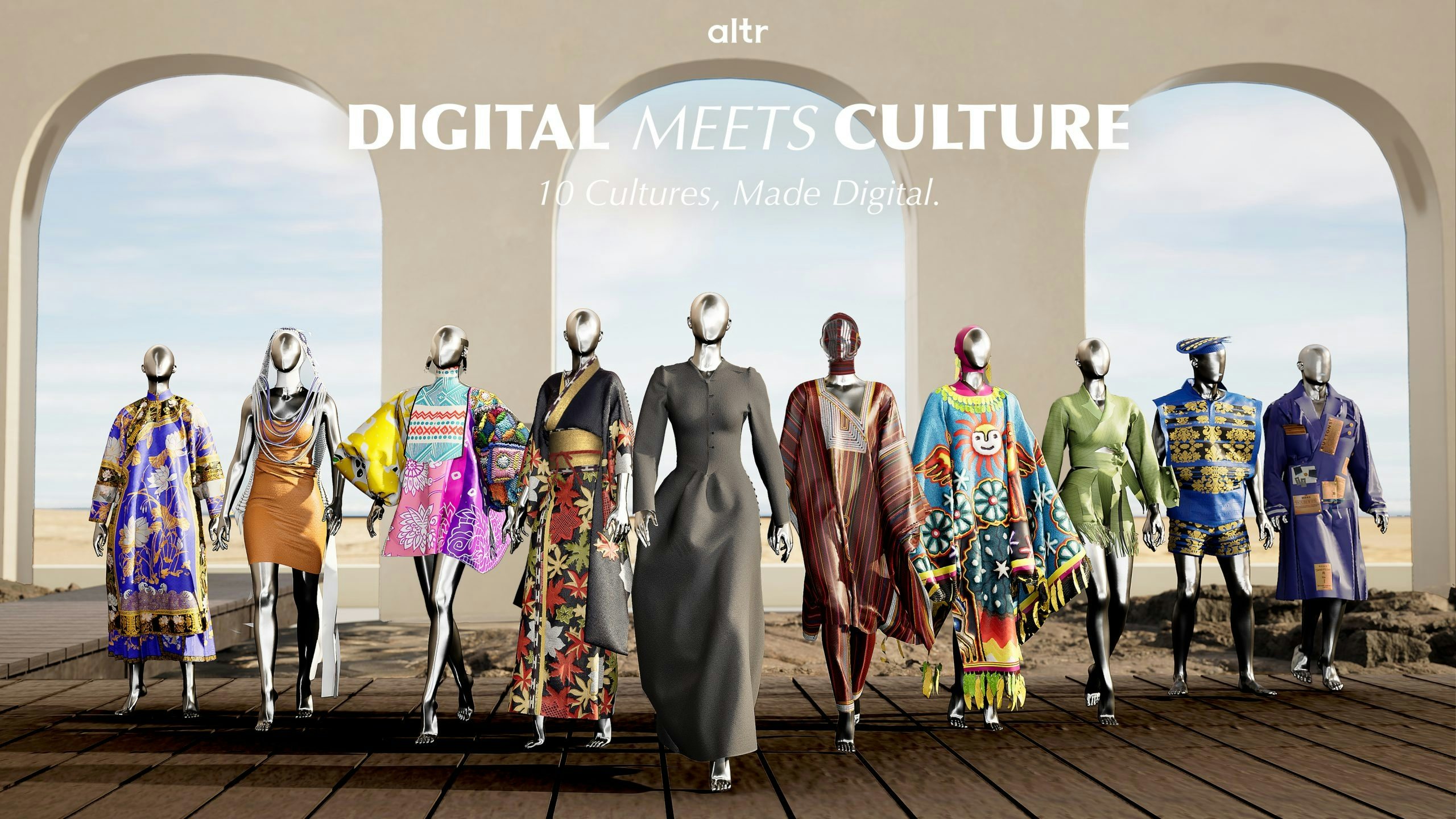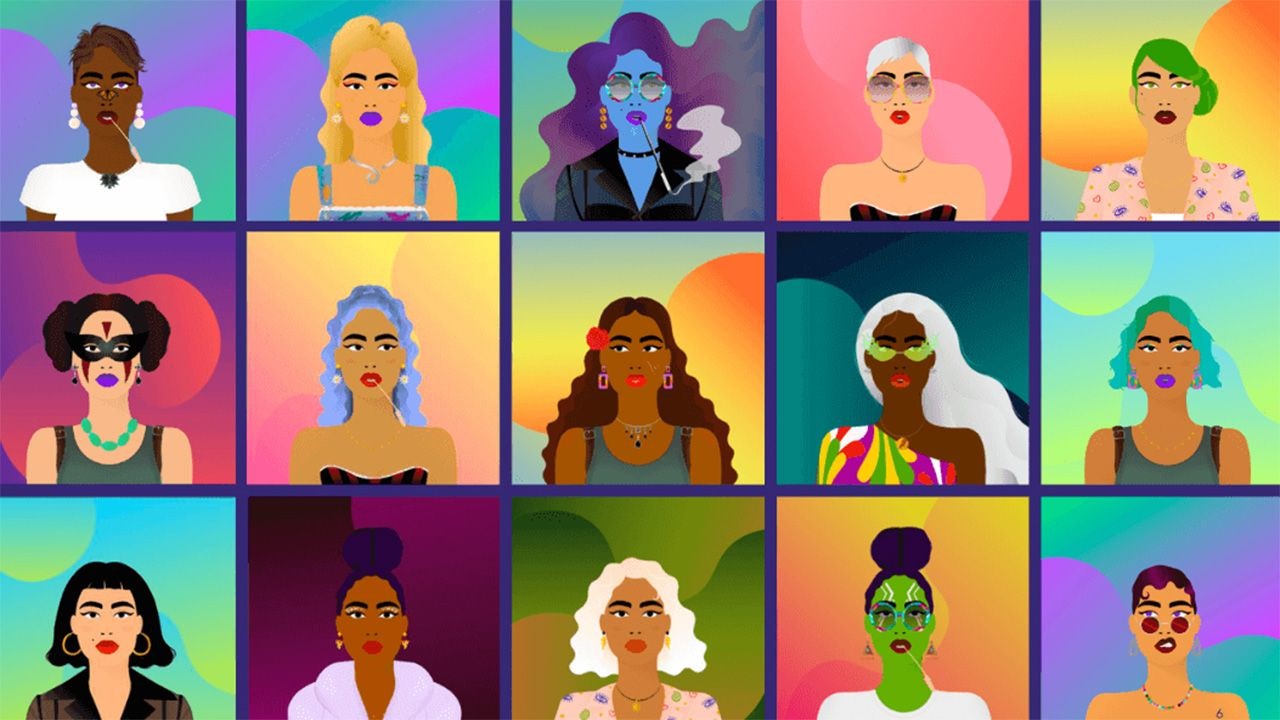Despite its potential to become one of the most revolutionary and inclusive technologies of all time, has the metaverse already missed the mark when it comes to diversity?
Web3 is dominated by young “crypto bro” culture, and a visit to a Web3 and crypto conference can attest to this.
From digital fashion to gaming, the metaverse has opened a door for people from all walks of life to explore new channels of self-expression and creativity — while giving them the choice of whether or not to reveal their gender, ethnicity, sexuality or identity. But behind this progressive veneer lies a space still teeming with pain points and ostensible promises of equality.
A digital glass ceiling?#
In a report published by consultancy firm McKinsey, more women are "power users" of the metaverse than men — meaning they spend over three hours a week in the virtual landscape — and are more likely to spearhead metaverse initiatives. Despite this, investors are still more willing to invest larger amounts of money in metaverse companies run by men, finds Consultancy.uk.
The issue extends beyond gender biases. NFT project CryptoPunks revealed its new collection of Meebits at the end of 2021, which allowed users to obtain a randomly selected Meebit through a lottery generated system. Following the roll-out, many in the NFT space noticed that owners of predominantly dark-skin and female Meebits were putting their tokens on OpenSea for 30 percent less than the original price.
In 2022, Maxine Williams, Chief Diversity Officer of Meta, issued a statement explaining how the company was committing itself to building a metaverse that reflects every user. “Not only should your culture be present in the metaverse, but you should be authentically present as well,” Williams wrote.
The Meta division states that it has developed over 1 quintillion (that’s 18 zeros) different avatar combinations across its applications, including optionality with hair, skin tones and clothing. It has also partnered with the United Spinal Association’s tech access program to understand the lived experiences of people with disabilities, leading to the launch of cochlear implants, wheelchairs and over-the-ear hearing aids for avatars.
Despite Web3 magnates like Meta advocating for self-expression, the space is still yet to widely deliver access to this diverse range of features. In currently available metaverse spaces such as Decentraland and Spatial, there are still limited options for Black hairstyles and non-binary representations, as well as very little indicators to display sexual orientation and disabilities.
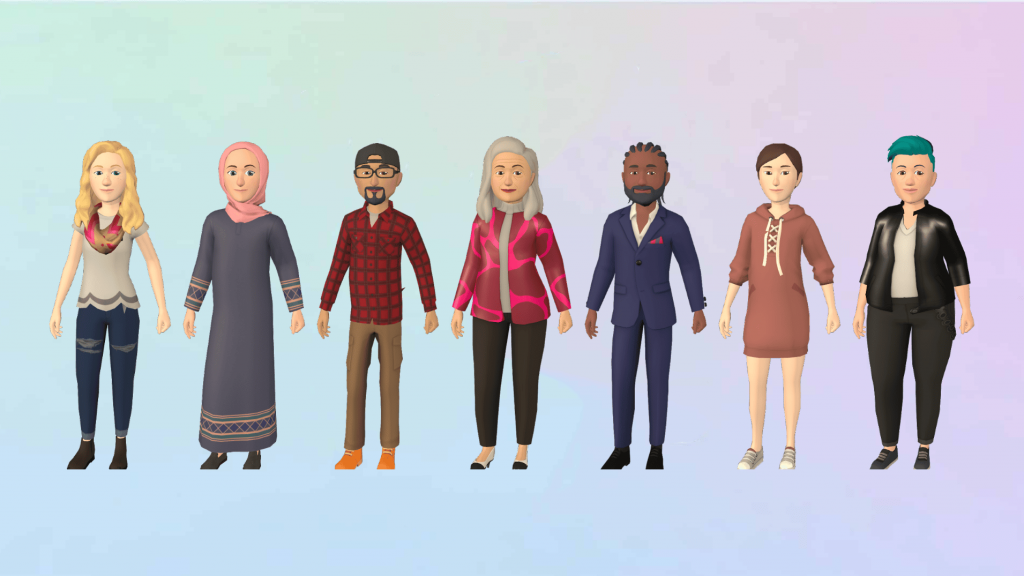
The impact of an echo chamber#
While the metaverse can serve as a conduit for creativity, it can also be a breeding grounding for sexism, racism, and homophobia. With little regulation on platforms such as Discord, forums can quickly become an echo chamber for online hate.
Amber Park, the NFT artist and the brains behind new fashion-tech lifestyle brand Play! Pop! Go!, has experienced first-hand the misogyny that remains rife in the metaverse.
“I feel like in general, all spaces are not created for women. We have to actually work harder to find our places,” Park tells Jing Daily. “I am under a lot more scrutiny and pressure than what maybe a male counterpart might be doing in the exact same way.”
“I feel like in general, all spaces are not created for women. We have to actually work harder to find our places," says NFT artist Amber Park.
After launching Play! Pop! Go!’s debut collection earlier this month, Park explains that the teething troubles that arose during the release made way for a slew of sexist discourse.
“We’ve always been so transparent with our team, so it’s very clear that I'm the only founder and I'm female. That was something that I saw in our Discord. While a lot of the feedback is positive, there's also a lot of hate,” Park explains. “I had comments like ‘this is why women shouldn’t enter the gaming world’ and ‘this is why the last project didn't work out because females don't understand how to navigate this space.'”
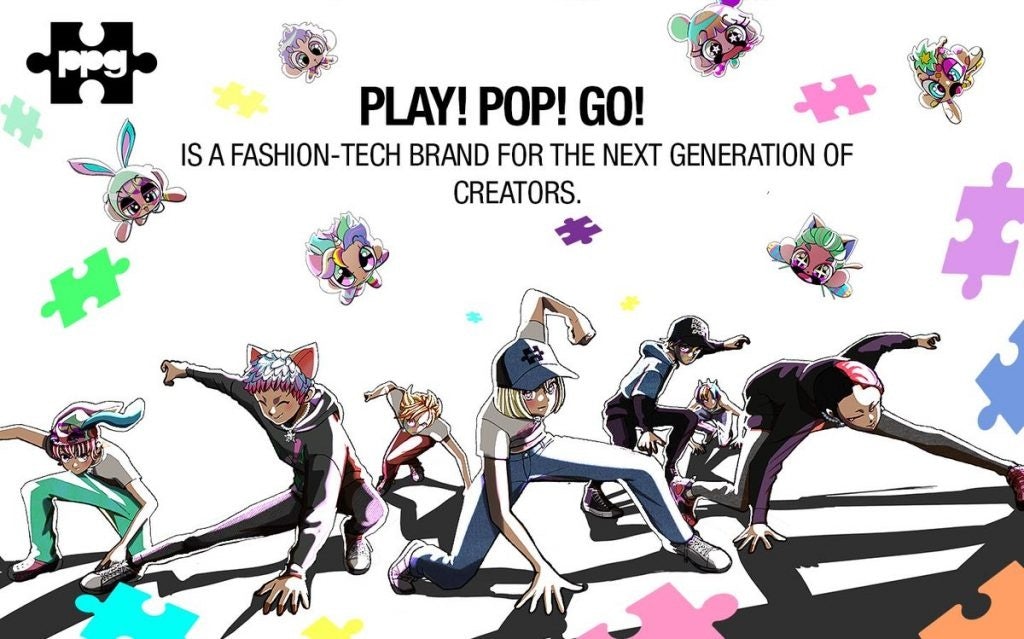
Is change possible?#
Recognizing this disparity, Web3 startups are encouraging more marginalized communities and cultures to invest in the metaverse.
“We're really passionate about bringing more exposure to these cultures, and how we can make these invisible stories and invisible heritages visible through the medium of the virtual space,” says Jessie Fu, founder of Altr_.
Altr_ invited 10 creatives to design digital garments rooted in their local cultural heritage, which will be presented in an exhibition during Decentraland’s Metaverse Fashion Week this month. The platform also partnered with ESMOD Paris to digitize the first dress that was designed for female horseback riders, which helped to pave the way for women in a sport that was initially only accessible to men.
Though change is happening, huge demand remains for more voices that represent underrepresented communities.
It starts from the top#
But real impact is only possible if top metaverse leaders are advocating for it. This responsibility falls upon the most influential brands to make noise in the online space and use their platforms for good.
Leading metaverse platform The Sandbox joined forces with People of Crypto Lab to launch its first ever equity and inclusivity hub last year. In celebration of Pride Month, the “Valley of Belonging” was created for users to celebrate their differences; in The Sandbox’s words, “boldly reaffirming the importance of an equitable Web3.”
"We were pleased to see such a positive reaction to the Valley of Belonging: it welcomed 52,000 players, who visited for a total of 164,000 times. That resulted in tremendous engagement: over 1 million minutes played, which is an incredible level of visibility for early-stage diversity projects," Sebastien Borget, COO and co-founder of The Sandbox, says.
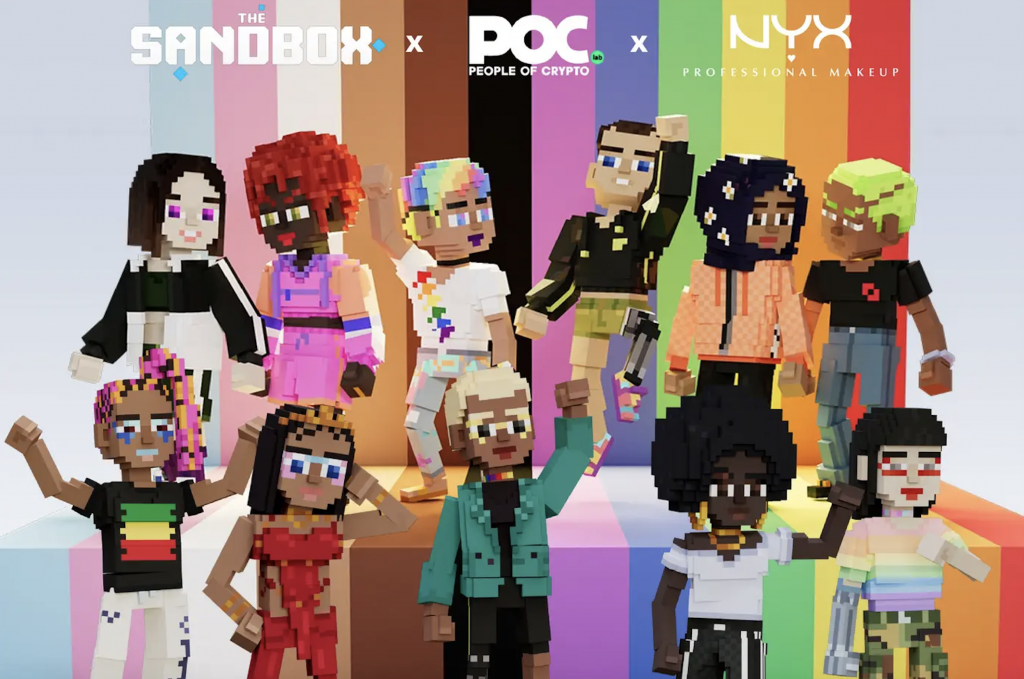
The collaboration resulted in 8,430 non-binary avatar NFTs, one of the most diverse avatar collections to date. This included 36 skin shades; every ethnicity, sexual orientation, and gender identification; as well as prosthetic limbs and cultural identifiers like the hijab.
People Of Crypto Lab is one of a select number of initiatives striving for more fair representation. “We're committed to diversity, equity, and inclusion, and we believe that by bringing more voices to the table, we can create a better future for everyone,” Akbar Hamid, co-founder of People of Crypto, explains. “Our mission is to make the metaverse more metadiverse, and we're excited to be rewriting the innovation-diversity equation for the next generation.”
Fashion powerhouses are also championing the prospect of a fairer landscape. Givenchy used NFTs in 2021 as a medium to raise money to support Le MAG Jeunes (Movement for the Assertion of Young Gay, Lesbian, Bi & Trans people). Under the brand’s beauty arm — Givenchy Parfum — the label teamed up with London gallery owner Amar Singh and the Rewind Artist collective to launch 1,952 animated portraits symbolizing diversity, the assertion of identity and the fight for equal rights.
The key to a brighter future#
The question still stands as to whether true equalization can really exist in the metaverse. But expecting a radically different outcome won’t happen without effort.
This means assessing who is sitting at the table. “We’re so early in the space, and to already see this huge disparity between male founders and female founders is a little sad and disappointing for how new and forward-thinking the space is. And so I do think there's so much more effort to be made,” Park says.
Though initiatives like the above are paving the way for inclusivity, tackling the pain points at the heart of Web3 is what will propel it towards a more equitable future.
